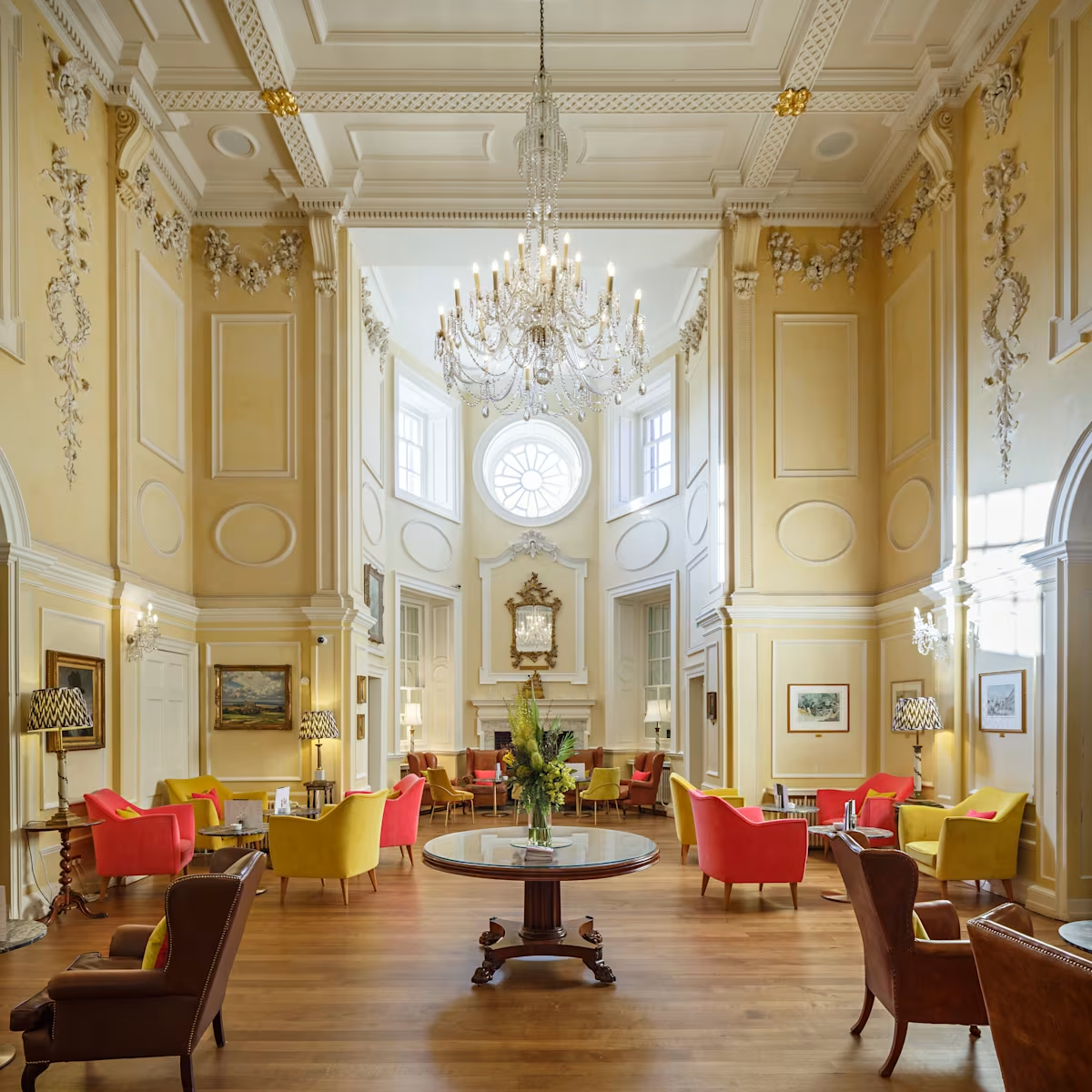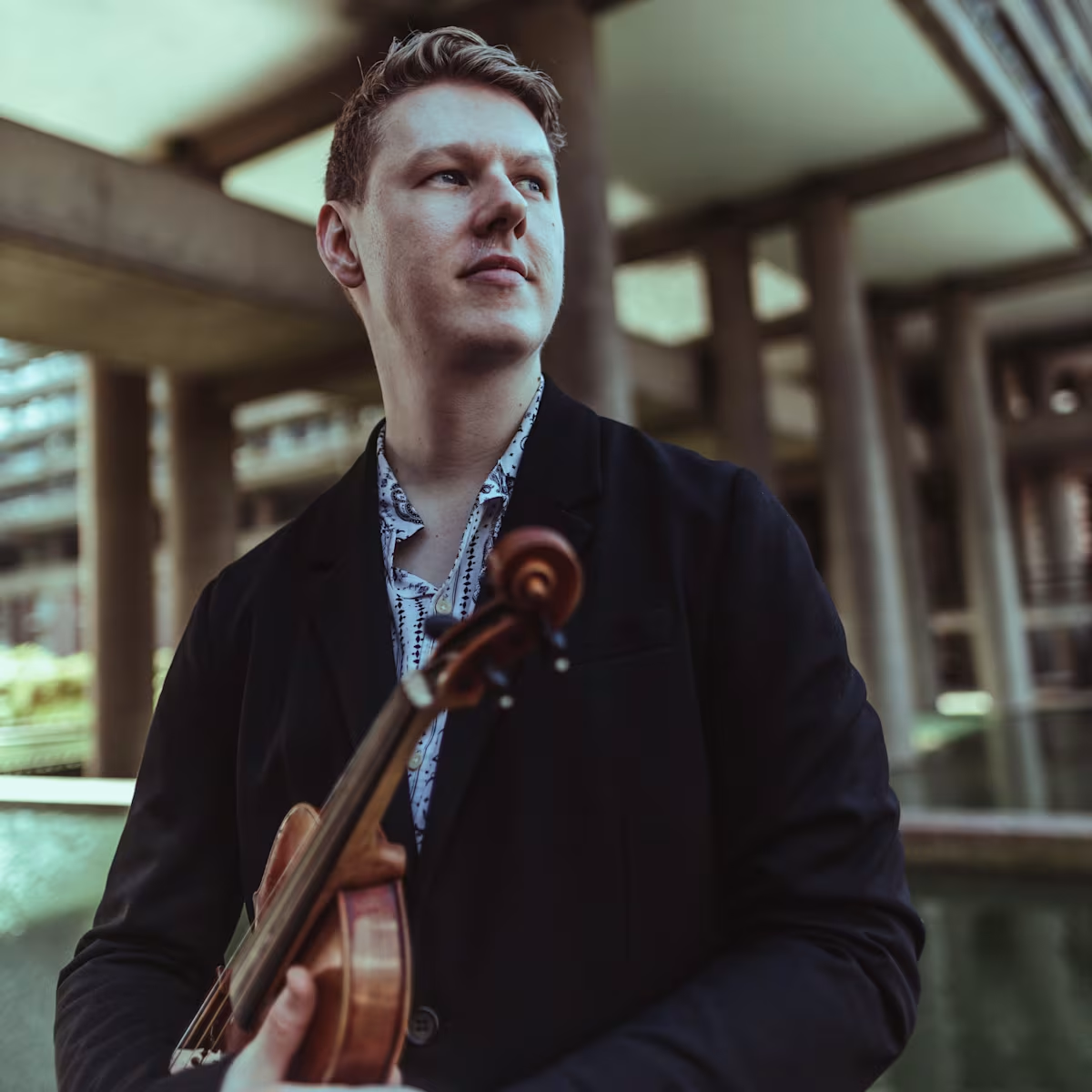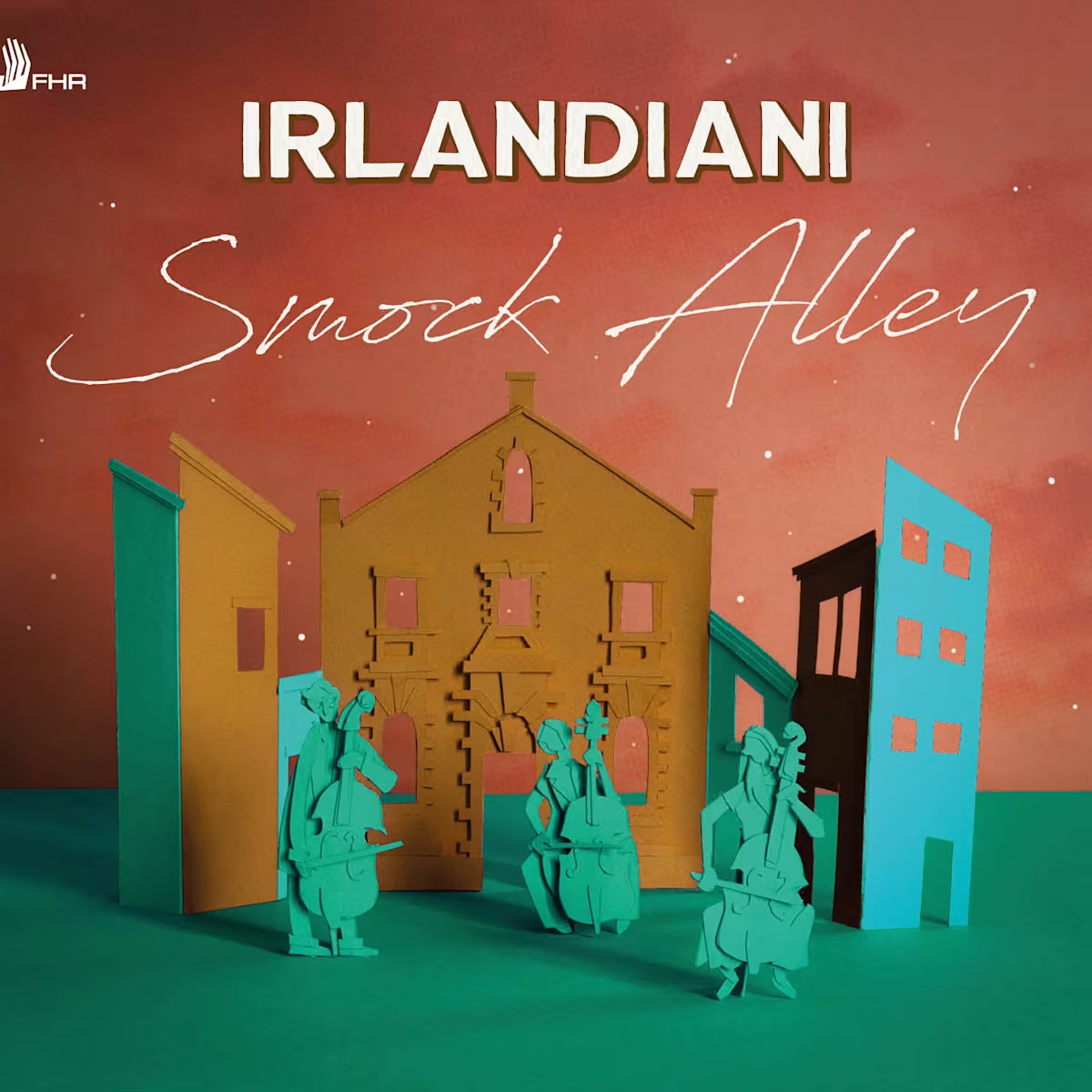Spotlight
In conversation: Seb Gillot
Continuo Connect meets organist, harpsichordist, and conductor Seb Gillot
Share this

Seb is a freelance organist, harpsichordist and conductor. A prize-winning Fellow of the Royal College of Organists, he is in high demand as a continuo player and director, working with groups including The Hanover Band, The Orchestra of the Age of Enlightenment, HGO Antiqua and The Hampstead Collective. He is a founding member of Endelienta Baroque, an ensemble that performs a wide variety of lesser-known Baroque repertoire, often in collaboration with other ensembles and guest musicians. He is also Organist and Director of Music at St Mary Magdalene, Richmond.
What is your idea of perfect happiness?
Being in the garden on a warm and bright spring day!
What is your greatest fear?
The fear that we have become so individualised, and that personal gain/attainment/competition are prioritised over community and co-operation.
What non-musical hobbies or interests do you have?
I am increasingly interested in land-based practices - everything from regenerative agriculture (beginning with my humble veg patch) to coppicing to green woodworking (though I’m no good at it!). The severance of the connection between humans and the natural world is something we must address, and I am always seeking ways to address this in my own life.
You recently toured Earth Song with Endelienta Baroque, in which you use early music alongside newly-penned works as a means of exploring the environment and the ecological crisis. Do you feel this kind of project can make a difference?
Our aim with Earth Song was to create conversations around the climate and ecological crises through our work. One way in which connection to the natural world is fostered is through close observation (essentially the art of "noticing”), and Alice Beckwith’s brilliant new works set the vivid and detailed “noticing” poetry of Brockes. The focus of the workshops was similar: children wrote songs in small groups inspired by noticing and comprehending their own surroundings. Before the song-writing, a sense of awareness of place and others was cultivated in the children through Dalcroze Eurhythmics-inspired workshops led by Dalcroze Practitioner and Workshop Lead Rosalind Ridout.
During the process, it was important for us to keep reminding all participants of the reason behind this: ultimately, that we face enormous, species-threatening challenges, and that, while it can be daunting, we must do what we can, and that we must use our voices and skills to advocate for change. While the onus is of course on leaders to apply pressure to the biggest and most destructive corporations, we have agency as artists to keep banging the drum and to use our voices for positive change where we can, including facilitating young people's creative engagement with the natural world.

Could you describe in a few words what’s so special about early music concerts?
I always find there is an amazing variety of experiences in an early music audience; some are “aficionados” and will come up to you in the interval and talk about temperaments or string gauges, and others are completely new to the idea of period instruments, and are generally fascinated by the differences between these and their modern counterparts!
Who is your favourite composer, and why?
It has to be J.S. Bach - every time I come to a piece of Bach, whether or not I know it well, or fairly well, or not at all, there is always something new and unexpected that leaps out. It never fails, to my ears, to sound fresh and new.
Can you describe the feeling of truly understanding a complex piece of music?
For me it is the sense of freedom that is so captivating - the feeling that, when performing it, one has so many options at one's disposal, and can say something new with the music each time it is played.
What is it that you most dislike?
Ego in music - when a performance / the music becomes defined by the individual performer rather than the music itself or the special experience of playing / singing together. Thankfully there isn’t too much of this in the early music world!
How has classical music influenced your life outside of performing?
It encourages me to be collaborative in everything I do - life is merely chamber music!
Would you like to shine a spotlight on a teacher or mentor who has had a significant impact on your journey so far, and why?
I would like to recognise the impact my former teacher and Director of Studies Andrew Arthur has had on my musical journey. A phenomenal and sensitive organist, harpsichordist and director, he is a model of thoughtful, detailed musicianship, and was pivotal in teaching me how to consider, prepare, and deepen understanding of music, in particular early repertories. His methods of teaching and guidance, characterised by real fervour, patience, and and an infectious generosity of spirit, have shaped how I teach, and I hope that I transfer some of that spirit to my own students.
Do you have a lucky charm or ritual that you follow before important concerts?
I make a point of talking to audience members in the few minutes before a concert. It helps to humanise what can otherwise be a very “staged” (and often stifling) situation, and certainly helps quell those pre-concert nerves!
If you could meet anyone from the past, who would it be?
I think Shakespeare would have been up for a good laugh!
You can hear Seb with HGO Antiqua and Endelienta Baroque in their production of Purcell’s Fairy Queen (runs 19-28 April) at Jackson’s Lane Theatre, Highgate, and with Endelienta Baroque on the 6th May at Handel House, London.
Share this
Keep reading

Enchanting Norwich
A history of Norwich’s Assembly House in 1754-55, focusing on its musical significance, key performances, and notable figures like Boyce and Geminiani.

In conversation: Edmund Taylor
Continuo Connect meets founder and musical director of Bellot Ensemble, baroque violinist Edmund Taylor.

Irlandiani - Smock Alley
Irlandiani explore 18th-century Italian-Irish musical connections in their new album 'Smock Alley'. Cellist Carina Drury talks about the album's origins.

